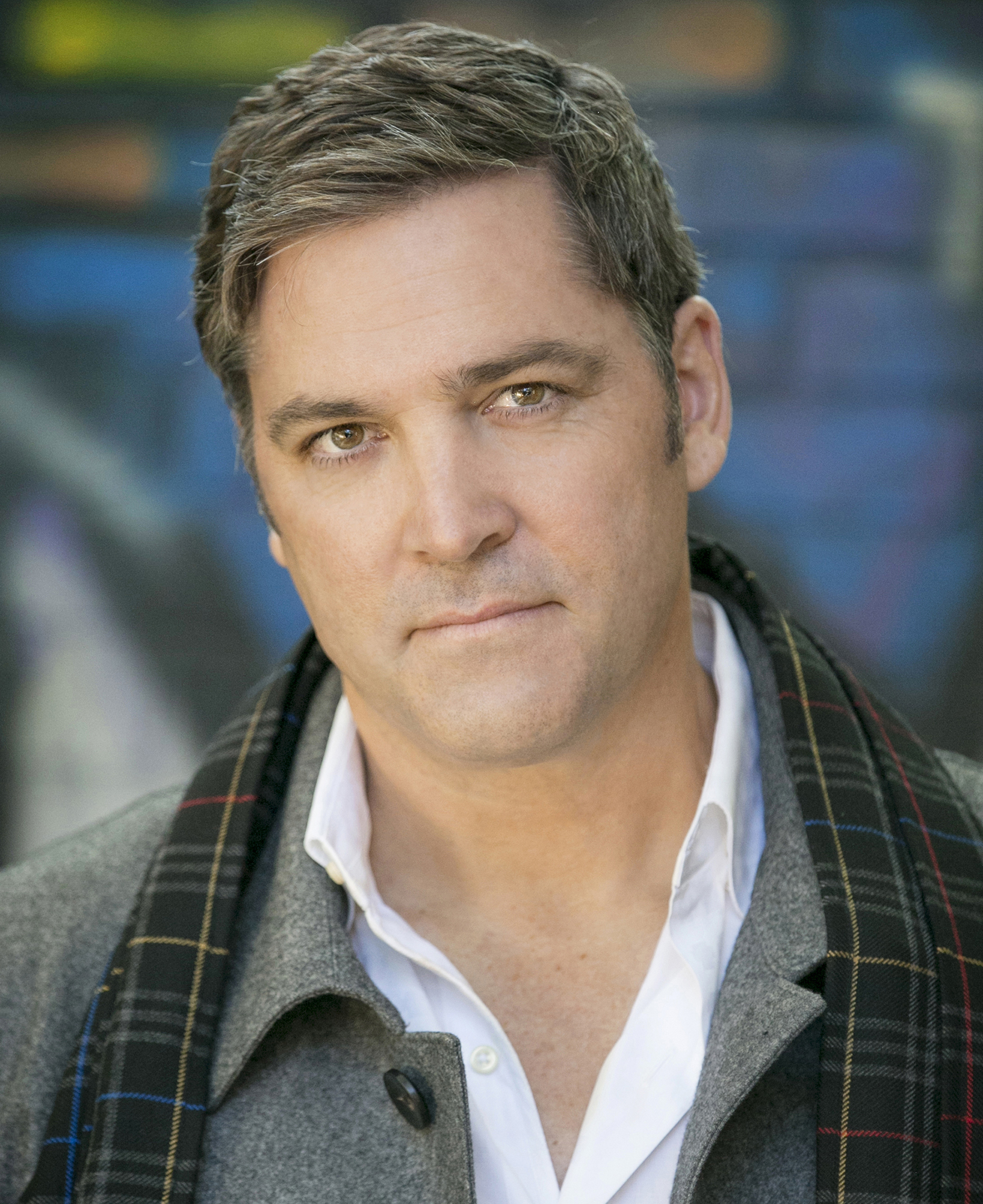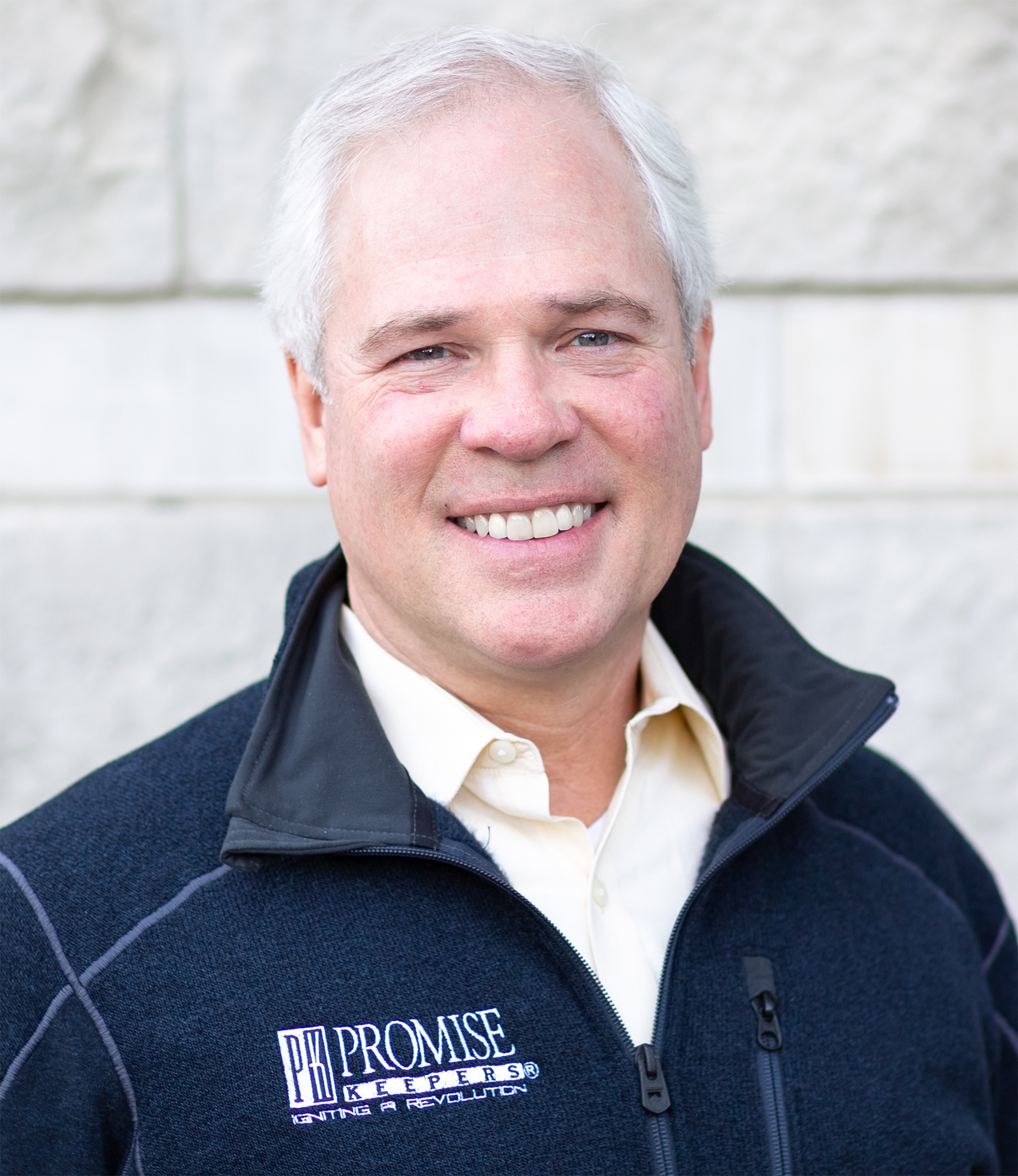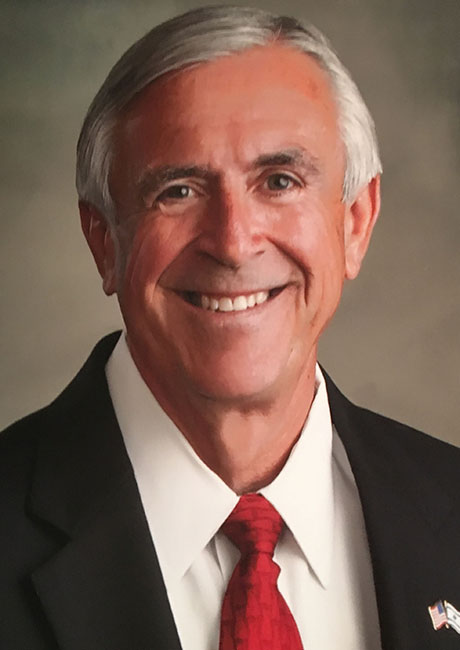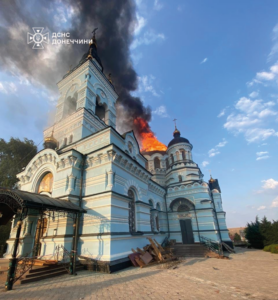
ARLINGTON, Texas (BP) — Promise Keepers, the Christian men’s ministry that peaked in the late 1990s, will launch a “new era” at a national gathering July 31-Aug. 1, 2020, at AT&T Stadium, home of the Dallas Cowboys in Arlington, Texas.
Registration for the conference starts at 12:01 a.m. Saturday (June 1, 2019) at promisekeepers.org.
 Promise Keepers chairman and CEO Ken Harrison, in a May 21 email announcing the conference, said the men’s ministry expects to fill AT&T Stadium with 80,000-plus men for the two-day event. The organization projects that up to 5 million more will participate via simulcast in as many as 30,000 locations worldwide, including local churches.
Promise Keepers chairman and CEO Ken Harrison, in a May 21 email announcing the conference, said the men’s ministry expects to fill AT&T Stadium with 80,000-plus men for the two-day event. The organization projects that up to 5 million more will participate via simulcast in as many as 30,000 locations worldwide, including local churches.
Despite the familiar ring — an NFL stadium packed with Christian men worshipping, praying and departing with enthusiasm to live out their faith in their families and communities — leaders say the new era of Promise Keepers will differ distinctly from the previous PK experience, starting with the 2020 conference.
 Vance Day, PK chief operating officer and general counsel, noted in the email, “Instead of having multiple regional events, the new era of Promise Keepers will feature one massive event for the entire country each year that will be simulcast to locations around the world.”
Vance Day, PK chief operating officer and general counsel, noted in the email, “Instead of having multiple regional events, the new era of Promise Keepers will feature one massive event for the entire country each year that will be simulcast to locations around the world.”
Among those who attended past events anticipating Promise Keepers’ relaunch, G. Richard Hastings wrote in an email to Baptist Press, “I believe the message of the new PK event and ministry is absolutely essential in the genderless world that is being embraced in society.”
 Hastings, a Southern Baptist who is the retired president and CEO of the Saint Luke’s Health System in Kansas City, Mo., attended PK events in Colorado, in Oklahoma City with his father, in Kansas City, and PK’s Stand in the Gap gathering in Washington, D.C.
Hastings, a Southern Baptist who is the retired president and CEO of the Saint Luke’s Health System in Kansas City, Mo., attended PK events in Colorado, in Oklahoma City with his father, in Kansas City, and PK’s Stand in the Gap gathering in Washington, D.C.
“I believe the tech format capabilities for follow-up add great value that was not possible in PK’s first iteration,” Hastings wrote. “It also has the potential to change men’s ministry for this generation. I enthusiastically support Ken’s [Harrison’s] vision.”
Hastings’ experience with Promise Keepers goes beyond just attending events. In a Feb. 25 article in Baptist Press, Hastings told how his support of Promise Keepers — and how those opposed to the movement itself — prompted a call for his board of directors to fire him, which it didn’t.
Reflecting on the incident, Hastings wrote in his email, “I was simply called to stand up for my faith and my belief in PK’s message and impact on men’s lives and our culture.” Promise Keepers “meant much to my faith and personal growth and ministry. It affected my leadership as well.”
The 2020 PK event will include sessions on Friday night and Saturday, a Saturday night concert and an optional day of service on Sunday.
It will “feature speakers who will preach from the Word of God with power and inspire men to take up their responsibilities as servant kings,” Harrison said. “Our worship will shake the stadium’s foundations. And we’re planning for our impact to continue long after the event as teams of men rise up to change their communities for Christ.”
In virtual obscurity for about two decades, Promise Keepers is planning to incorporate social media-style technology with the revamped event format to build and strengthen support and cooperation among churches, men’s groups and ministries worldwide.
“It’s the difference between analog and digital,” said Harrison, whose book “The Rise of the Servant Kings – What the Bible Says About Being a Man,” was released in May. He concurrently serves as CEO of WaterStone Foundation, a Christian donor-advised fund.
“Today, our goal is to get men digitally integrated — something that simply wasn’t possible before,” Harrison said. “Today, we can not only do stadium events, digital integration allows us to provide the full spectrum of men’s ministry: a catalytic event that sparks fellowship, discipleship and the formation and nurturing of change-making teams of men in communities everywhere, working together to impact the core of our culture.”
Harrison referred to Promise Keepers’ history to illustrate why digital integration can be key to sustaining the movement between events: “Assembling men in the 1990s by the tens and hundreds of thousands had never been done before. But what about after? What about when men leave the stadium and go home? Many things were tried, but it just wasn’t possible to effectively network, encourage and strengthen men at home.”
Day, in a phone interview from his home in Powell Butte, Ore., commented on how the lack of follow-up affected the ministry, which during the 1990s attracted an estimated 7 million men to events nationwide, including the Stand in the Gap rally on Oct. 4, 1997, in the nation’s capital.
“One thing that sometimes Promise Keepers got criticized for was that they would come into a city, have a big event and then quickly move on to the next stadium by necessity. But the men who were left behind were kind of like, OK, now what do we do? Do we just keep going to stadium events? And so the church really wasn’t ready.
“You speak to a lot of pastors and they say, ‘Promise Keepers was awesome in the 1990s, but we didn’t know what to do with these men. We didn’t know what men’s ministry was as much.’ Well, that’s changed,” Day, a former circuit court judge in Oregon, told Baptist Press.
“We knew that there would be a pent-up desire to see Promise Keepers return to a stadium event,” he said, and he is surprised by the interest from males as young as mid-teens who have heard about past events from their fathers or grandfathers.
But now “there are hundreds of local, regional and even national men’s ministries that have been training and working with men these last 20 years,” he said. “And so, not only is the field white for harvest, but there are workers.”













